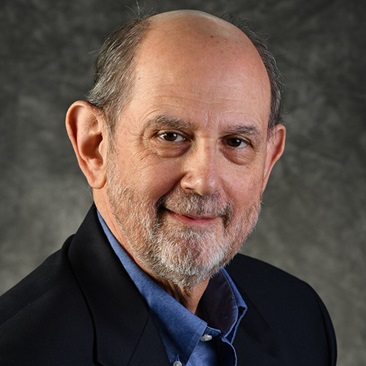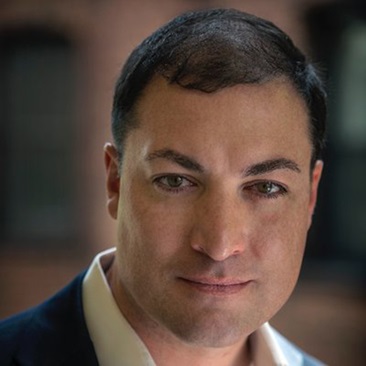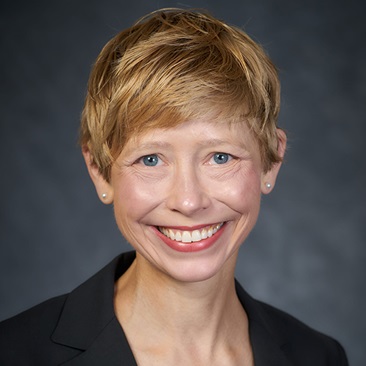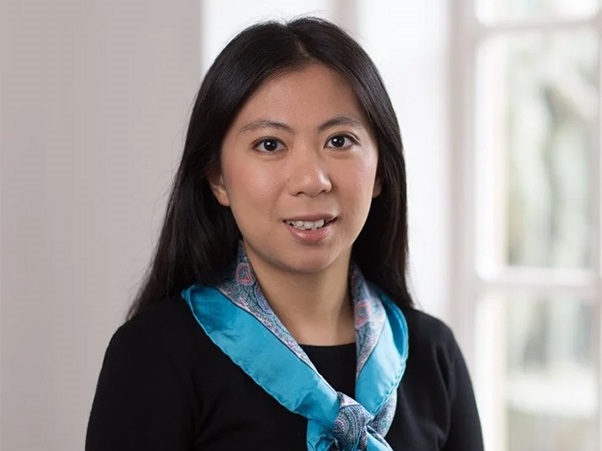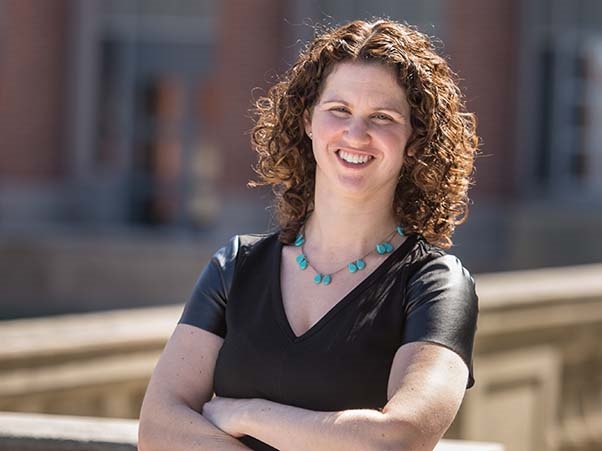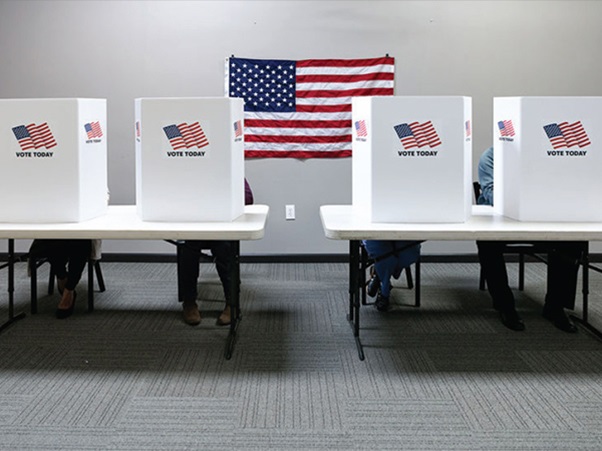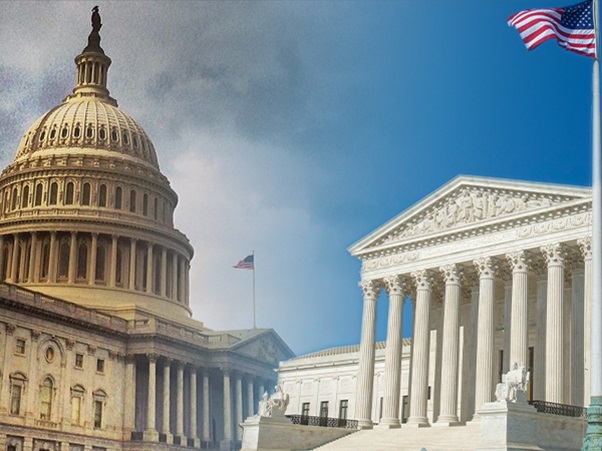Featured Research
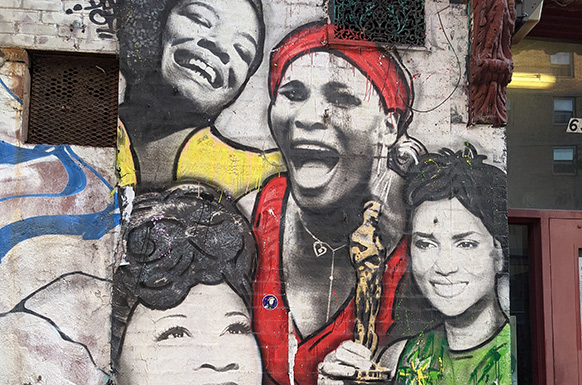
"Private Selves as Public Property: Black Women’s Self-Making in the Contemporary Moment" Jenn Jackson shows how Black women have resisted the fungibility of their bodies through processes of self-formation and self-reclamation and how that resistance might help us understand Black women’s social and political life worlds today.
Public Culture, 2020
"To Appeal and Amend: Changes to Recently Updated Flood Insurance Rate Maps" In this article, Sarah Pralle, associate professor of political science, and her co-author examine whether there are discernible trends or patterns in alterations to Flood Insurance Rate Maps.
Risk, Hazards & Crisis in Public Policy, 2021
Building Robust and Ethical Vaccination Verification Systems
Johannes Himmelreich and his co-authors propose guidelines for deploying vaccine record verification (V.R.V.) systems that align with vaccine prioritization decisions; uphold fairness and equity; and are built on trustworthy technology.
The Brookings Institution, 2021
Peacebuilding Through Cooperation in Health Care and Public Health Between Israel and Palestine
Linda Young Landesman, Robert A. Rubinstein, Robert A., Brian S. Englander
Journal of Public Health Management & Practice, May 2023
In times of crisis, such as the Hamas-Israel war, there is a natural human reaction to withdraw from constructive approaches to conflict and to rely on punitive actions. It is because of this tendency that a full-throated endorsement of support for those who wish to take constructive actions, such as cooperating on shared public health goals, needs to be supported. Israel and Palestine are interdependent, sharing borders and epidemiological risks regarding environmental health, climate change, and during outbreaks of infectious disease. The health of one affects the health of the other, which emboldens the need to find ways to improve the health of both peoples. When the war between Hamas and Israel ends, cooperative actions will be critically needed.
In 2023, we submitted to the American Public Health Association (APHA) a proposed policy, developed over 2.5 years, which called for an application of the World Health Organization’s (WHO’s) “Global Health Peace Initiative (GHPI)” model for using public health as a mechanism for peacebuilding. In this approach, health initiatives bring “rival parties” together to work toward mutually beneficial objectives from a neutral starting point. In other conflict settings, like or similar programs supported public health and health care cooperation to build the conditions for peace, while resulting in improved health for those in the region.
Related News
Research

Jul 15, 2024
Research
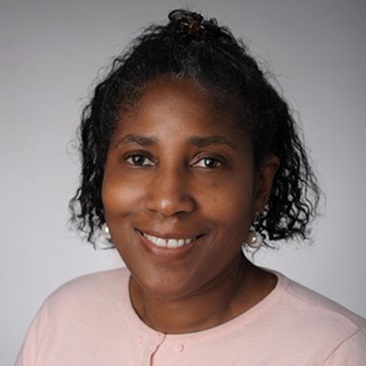
Jul 9, 2024
Lecture Series
Campbell's lecture series bring together people with a diverse range of perspectives and interests to open dialogue, foster understanding and give the power of knowledge.
Bantle Symposium on Business and Government Policy
Phanstiel Lecture Series on Leadership
State of Democracy Lecture Series
Tanner Lecture Series on Ethics, Citizenship and Public Responsibility


Campbell Conversation Spotlight
You probably know the name James Garfield, but how much else do you know about him, and why might he and his political times be relevant to considering today’s political landscape? Host Grant Reeher interviews C. W. Goodyear, a historian who has written a new definitive biography of him. His book is titled President Garfield: From Radical to Unifier.
December 9, 2023
Interested in partnering with us?
Peacebuilding Through Cooperation in Health Care and Public Health Between Israel and Palestine
Linda Young Landesman, Robert A. Rubinstein, Robert A., Brian S. Englander
Journal of Public Health Management & Practice, May 2023
In times of crisis, such as the Hamas-Israel war, there is a natural human reaction to withdraw from constructive approaches to conflict and to rely on punitive actions. It is because of this tendency that a full-throated endorsement of support for those who wish to take constructive actions, such as cooperating on shared public health goals, needs to be supported. Israel and Palestine are interdependent, sharing borders and epidemiological risks regarding environmental health, climate change, and during outbreaks of infectious disease. The health of one affects the health of the other, which emboldens the need to find ways to improve the health of both peoples. When the war between Hamas and Israel ends, cooperative actions will be critically needed.
In 2023, we submitted to the American Public Health Association (APHA) a proposed policy, developed over 2.5 years, which called for an application of the World Health Organization’s (WHO’s) “Global Health Peace Initiative (GHPI)” model for using public health as a mechanism for peacebuilding. In this approach, health initiatives bring “rival parties” together to work toward mutually beneficial objectives from a neutral starting point. In other conflict settings, like or similar programs supported public health and health care cooperation to build the conditions for peace, while resulting in improved health for those in the region.
Related News
Research

Jul 15, 2024
Research

Jul 9, 2024
